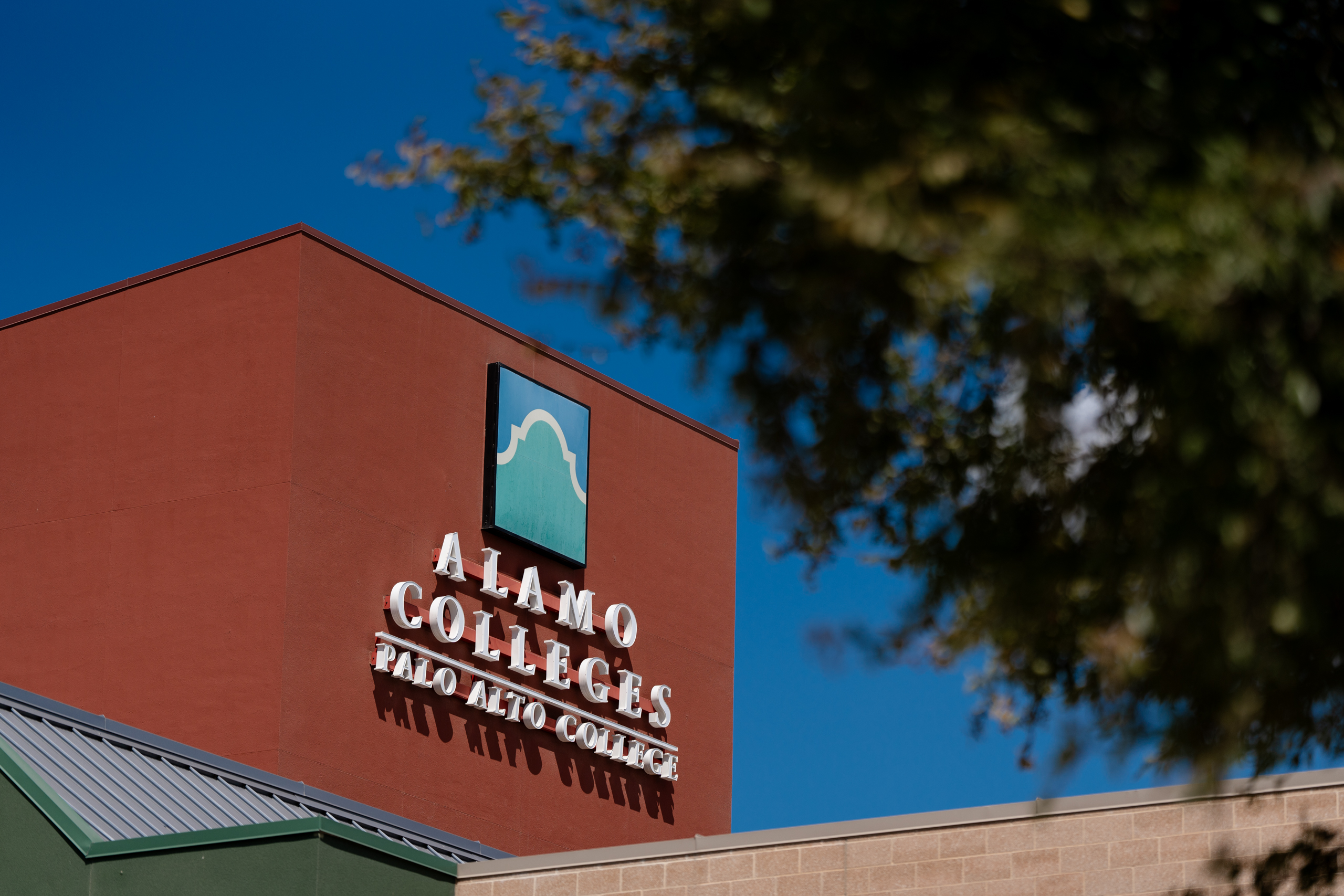San Antonio's Education Boost: Business Titans Endorse Massive $987M College Investment

Despite potential skepticism, the proposed bond measure has largely flown under the radar. No organized resistance has emerged, and the initiative has remained conspicuously absent from campaign discussions. While some residents may harbor doubts, the lack of vocal opposition suggests a quiet acceptance or indifference among the community.
